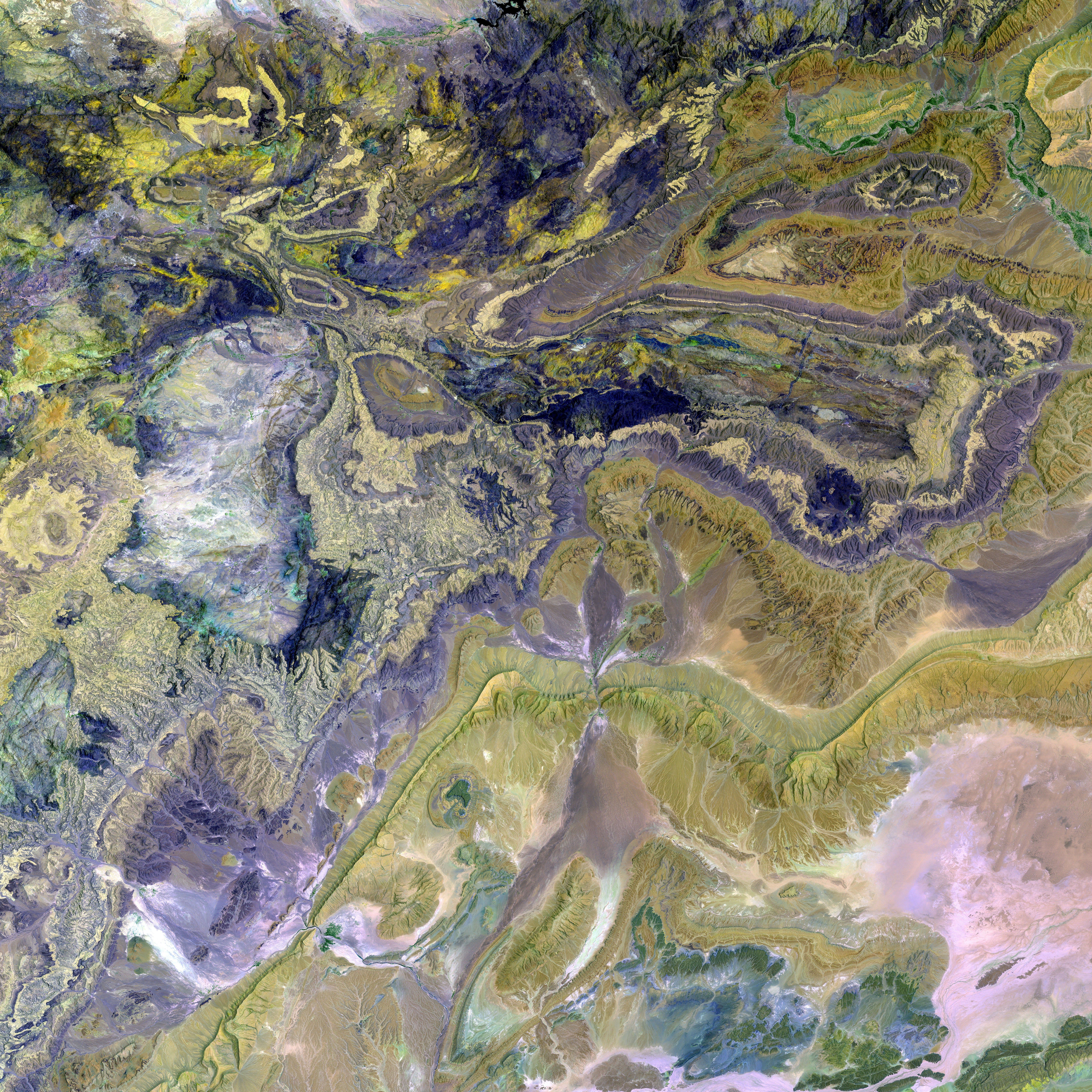Egyptian Parliament Spokesperson Claims Mahraganat Music Poses Greater Risk Than COVID-19
The Egyptian Music Syndicate Cracks Down on Mahraganat
Ever since its emergence from Egypt's bustling slums, Mahraganat, an energetic fusion of chaabi folk music, electronic dance music, reggaeton, grime, and rap, has been catching ears and causing a stir. With catchy anthems like "we want five pounds of phone credit" going viral, it became the first genre of music to tackle pressing issues faced by poor Egyptians.
However, the Egyptian Music Syndicate, the regulating authority over music production and performance in Egypt, isn't thrilled about it. Over the years, the Syndicate has banned Mahraganat performers from numerous clubs, hotels, and music venues due to the genre's explicit lyrics and perceived threat to traditional values.
The latest incident traces back to Valentine's Day when Mahraganat artists Hassan Shakoosh and Omar Kamal performed "Bent El-Giran" (the girl next door) at Cairo Stadium, leaving authorities furious with lyrics about drinking alcohol and smoking hashish. Following the performance, the Syndicate enforced a firm rule against hosting Mahraganat performers, vowing to take "legal measures" against anyone who defies this decision.
Not everyone agrees with the Syndicate's stance. Some view Mahraganat as an essential form of cultural expression for marginalized youth, echoing their experiences living in Egypt's informal settlements. However, the Syndicate argues that the genre's lyrics often include vulgar content, are incompatible with societal norms, and promote violence, drugs, and alcohol.
Furthermore, many Mahraganat artists evade the Syndicate's licensing system, performing underground and bypassing formal approval processes for lyrics or performances. In addition, authorities have linked Mahraganat to anti-establishment sentiments in times of social unrest, though this isn't explicitly stated as a reason for the ban.
Mahraganat's massive popularity, exemplified by viral hits on TikTok and streams in the millions, challenges the Syndicate's authority. Efforts to self-regulate and negotiate with the Syndicate have shown mixed results, with tensions remaining high as performances move to unregulated spaces. In 2023, legal battles and public campaigns like #MahraganatIsEgyptian push for recognition of the genre as a legitimate art form.
For now, the debate between cultural preservation and artistic expression endures, as Mahraganat wrestles for its rightful place in Egypt's music scene amidst constant attempts at censorship.
- The United Nations (UN) has expressed concern over the Egyptian Music Syndicate's ban on Mahraganat, a popular music genre in Egypt.
- Iran's government, while not directly involved, has drawn parallels with their own suppressive actions towards music that challenge traditional values.
- The police have been involved in enforcing the ban, raiding unauthorized performances and arresting musicians.
- President Al-Sisi has been criticized for not addressing the issue, potentially prompting a call for action from the Egyptian parliament.
- Protests have erupted in Cairo's streets, with Mahraganat musicians and supporters demanding their right to artistic expression.
- In an interview, Hassan Shakoosh, a prominent Mahraganat artist, warned authorities about the potential for social unrest if they continue to stifle the genre.
- Social-media platforms have been flooded with petitions and hashtags supporting Mahraganat, adding fuel to the fire of general-news coverage.
- Crime-and-justice sections in news outlets have reported cases of violence and intimidation against Mahraganat performers, adding to the genre's perceived immoral nature.
- Despite the controversies, Mahraganat's influence on pop-culture and entertainment has grown, transforming Egypt's music scene.
- The Egyptian court is expected to hear arguments in several ongoing lawsuits regarding theban, potentially setting a precedent for the future of artistic expression in the country.
- The war between the Egyptian Music Syndicate and Mahraganat musicians shows no signs of abating, raising questions about freedom of speech and artistic expression in Egypt.








